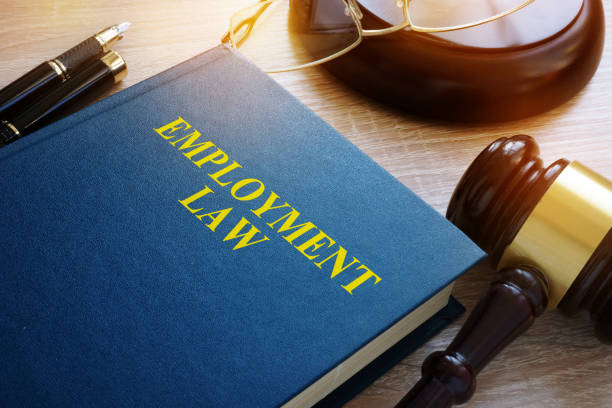Blog
How to Navigate Employment Laws as an Employer of Record?

Introduction:
Compliance with employment laws is not the only responsibility that comes along when one becomes an employer of record. Even though it may be hard to find the right path in this maze of employment regulations, compliance is crucial to keep out of court trouble. The aim of this essay is to provide directions on how record employers should comprehend and deal with employment laws.
1. Understand the Basic Employment Laws:
For an employer of record to manage employment laws efficiently, he needs to have a good understanding of the basic labor legislations that are applicable in his jurisdiction. This includes laws governing minimum salary, overtime pay and working hours, harassment and discrimination in the workplace, employees benefits as well as termination procedure. Understand all the local, state and federal laws that could be applicable in addition to any municipal codes.
2. Consult with Legal Professionals:
It is advisable that employer of record seek legal advice as rules relating to employment can be intricate. Employers can gain more insight into the particular peculiarities of their business and geographical area referring to HR specialists or employment lawyers. These professionals can evaluate policies, procedures and employment contracts to ensure that they are not contrary to the law and provide appropriate advice as referral in case there is a legal need.
3. Develop Robust Policies and Procedures:
Employers of record should also develop in-depth policies and procedures that are compliant with labor regulations. It is paramount to make sure that governmental regulations subordinate to the context of equal empowerment opportunities, policy against discrimination and harassment as well what concerns with provisioning work-related benefits are distinguishable. All the staff should be given copies of these policies in writing. Make it a practice to review and update them whenever the laws governing employment are amended.
4. Train Employees and Management:
Sustaining compliance calls for training of management and staff on the employment laws. To ensure that staff members are aware of their legal rights, the employers must have frequent training sessions. In order to avoid being in legal hot water, managers should be also trained specifically on performance reviews; hiring procedures and disciplinary actions.
5. Maintain Accurate Records:
All employee data need to be recorded by employer of record that means hours worked, pay as well any events or claims consist with the field. The length of time these records should remain in file depends on employment regulations. Besides ensuring the compliance, proper record-keeping is critical for handling any future legal issues.
6. Stay Updated with Changes in Employment Laws:
PEOs must remain abreast of any changes or amendments to employment legislation if they are subjected to them. Monitor the official sites, consult lawyers to learn more about labor laws or join trade associations that provide information on legislation related to employment. Being proactive in staying informed allows employers to easily adapt their policies, procedures, and contracts as necessary so that they do not violate the law.
Conclusion:
With responsibility of being an employer comes a need to understand employment laws that can be challenging sometimes. Employers can ensure compliance and avoid legal complications by understanding the basics of employment law, consulting with lawyers, having effective policies in place, training employees about these laws to follow them properly! In addition to ensuring business and employee protection, respecting employment laws fosters a fair work environment that is healthy.

